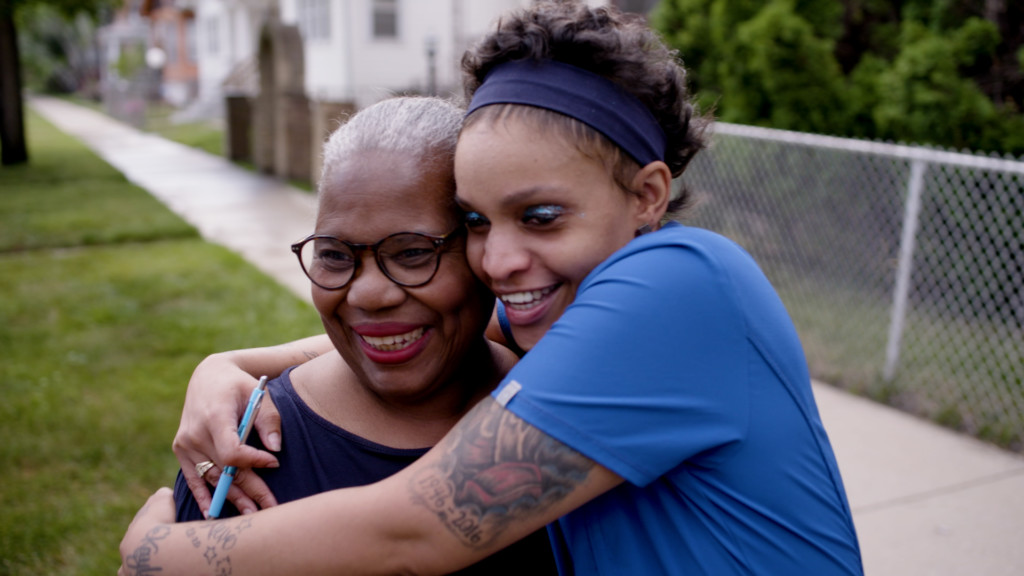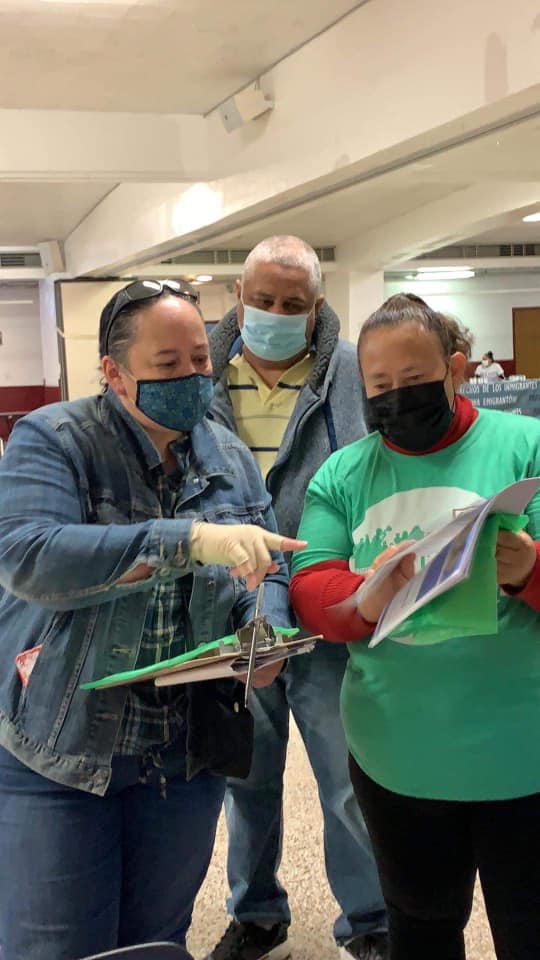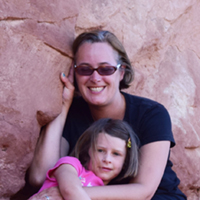In January 2020, something momentous happened: Women outnumbered men in the paid workforce. Feminists cheered, and some economists predicted that the demographic shift would be permanent.
Then the pandemic changed everything. In the first 10 months of the Covid crisis, women lost more than 5.4 million jobs. Men lost jobs in the pandemic too, but they recouped their losses. By early 2022, there were still a million fewer women in the workforce than there had been two years earlier.
“As the virus took its toll with all the closures, the first thing we saw was the number of hospitality workers who became unemployed,” says Felicia Davis Blakley, president & CEO of the Chicago Foundation for Women. Women are more likely than men to work in hospitality and service.
“Women were overwhelmingly hit in those closures, and particularly women of color,” Blakley explains.
While many women were let go, many others were forced to step out of jobs to stay home and care for kids and other loved ones.
“The predominant providers of unpaid caregiving in this country are women. Since the beginning of the pandemic, women’s need to take care of the health and wellness of their families and the educational needs of their young children has been in conflict with their need to provide economic security for their families and to participate in work,” Blakley says. Even with schools and daycares back in operation, women are still being called upon to put in more caregiving time than ever.

And it’s not just today’s paycheck that women miss out on when they are unable to participate in the workforce. Employment also provides access to better healthcare, and gives women security for their own retirement that they may not be able to rely upon from a partner. Businesses miss out as well, when they miss out on the ideas and perspective that women bring to the table.
That’s why CFW made “Get Women Back to Work” one of the four pillars of SHEcovery, an $11 million campaign to address Covid’s impact on women and girls. Along with the other priorities, “Address the Eviction Crisis,” “Care for Our Caregivers” and “Demand an Anti-Racist Healthcare System,” the employment push aims to support women in emerging from the pandemic stronger than before.
Both through the organization’s direct programs and via other nonprofits that CFW funds, SHEcovery is working to:
- Increase investments for women’s education and training
- Improve access to quality childcare
- Eliminate sub-minimum wages for tipped workers
- Advocate for paid sick and family medical leave
CFW is far from the only Chicago organization fighting to reverse women’s waning workforce participation. A look at other efforts:
The Mom Project, a company that helps employers connect with underused talent, launched RISE, a program that helps women improve their career prospects with technical training as well as mentorship from executives, networking and job opportunities. RISE aims to address both COVID-related job losses and long standing social inequities.

The Mom Project also hosted The Comeback Virtual Summit to inspire and inform mothers looking to re-enter the workforce or step up their careers post-pandemic. Sessions — available on demand — include the “Super Mom Panel,” with advice on how to negotiate for conditions that empower parents to balance work and family life. One participant noted that companies are now more open to discussing work from home and hybrid arrangements than they were pre-pandemic.
Dress for Success Worldwide Central, the Chicago-based affiliate of the organization famous for helping women overcome obstacles to career success, has been fulfilling its mission throughout the pandemic, providing virtual styling and contactless suitings, virtual career coaching, networking and workshops, says director Wendy Wilkins.
“We are on the frontline of the relief and recovery efforts. We serve a diverse population of women, many of whom were already affected by under and unemployment, financial instability and domestic or cultural strife,” Wilkins says.
More from Better:
- Marathoner from Wilmette Raises $21,000 for Special Olympics as Tribute to Step-Sister Kate Hilbrant
- 31 of the Best Things to Do in Chicago and the Suburbs in May 2022
- Amazon Watch’s Leila Salazar-López Shares a Passionate Message About the Rainforest and How You Can Help Save It

Carrie Kirby spends a lot of time asking people about something they think about but rarely talk about: money. Her work on personal finance, business and technology has appeared in San Francisco Magazine, Consumers Digest, Wise Bread and more publications. Carrie’s most recent work about her other love, travel, appears in The Best Women’s Travel Writing: Volume 10. She lives on an island (Alameda) with her husband and three kids, and blogs about getting them all where they need to go without owning a car at carfreemom.com.

